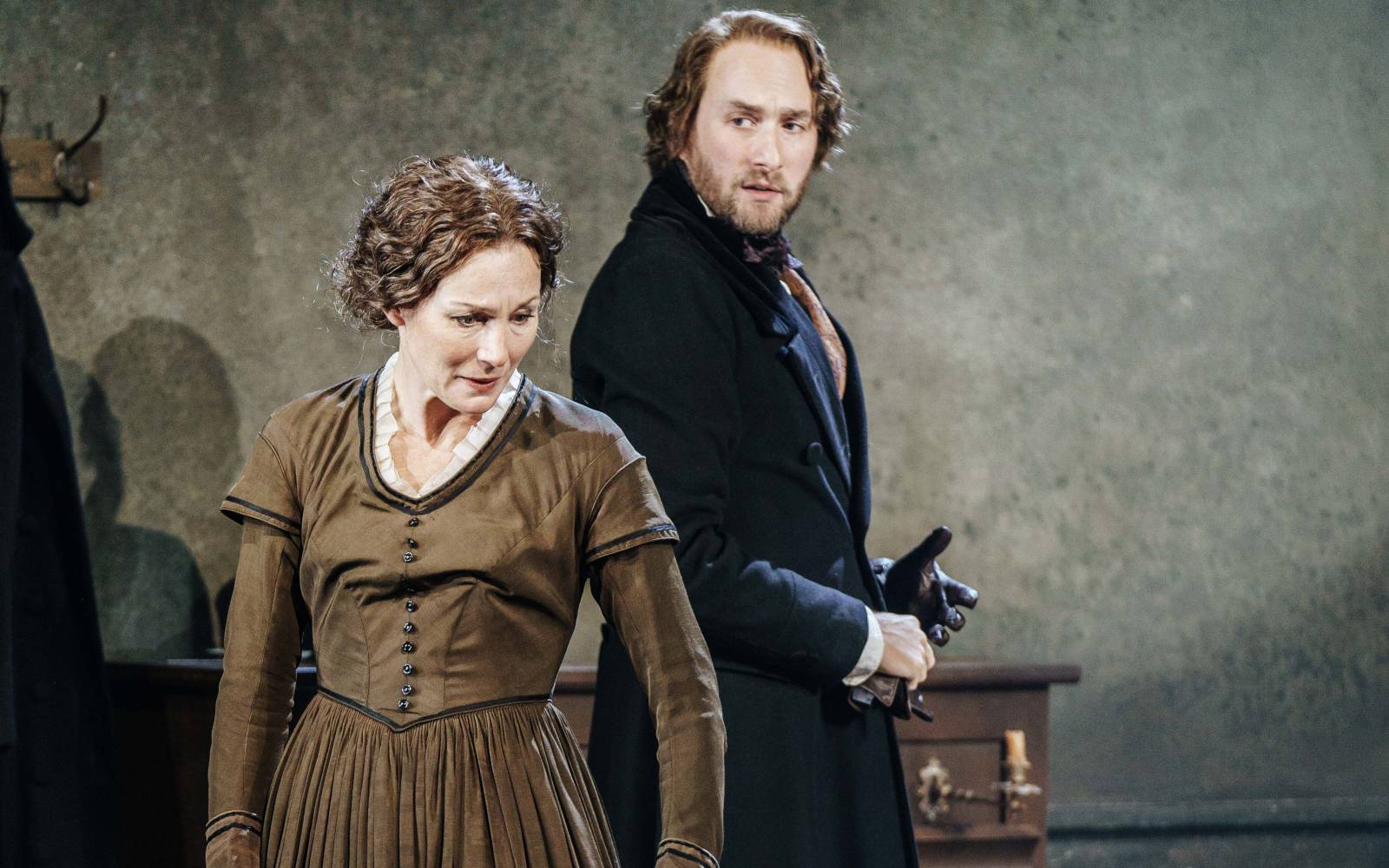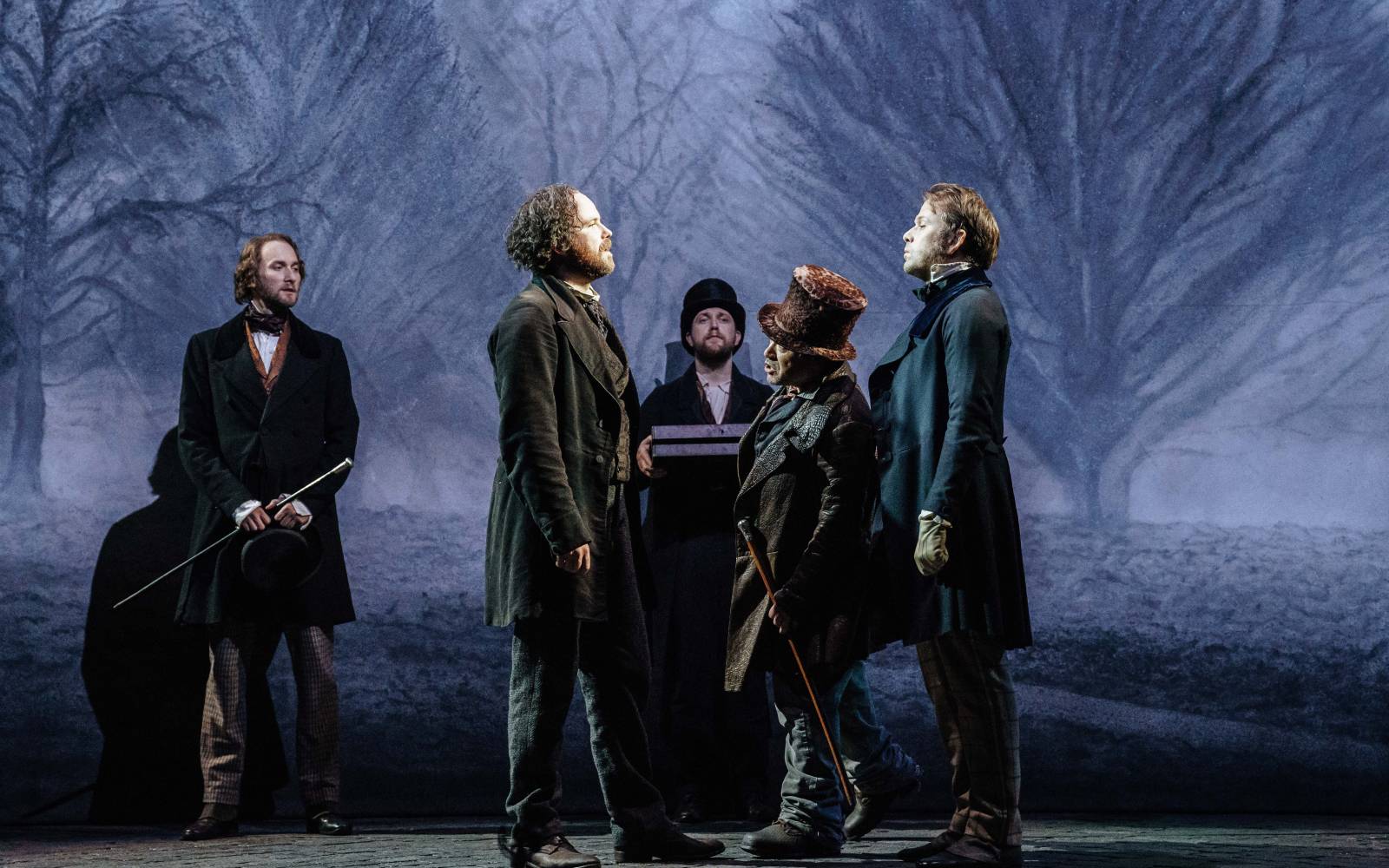
Soho in 1850
Rosemary Ashton
Two years after the failed 1848 revolutions in all the capital cities of Europe – all, that is, except London – Soho was the area in which the largest number of foreign political exiles were to be found. Here they lodged in cheap rooms, ate in cheap dining establishments, and plotted the next revolution in their various homelands. They also vied with one another for the available jobs which would allow them in the meantime to scrape a living for themselves and their families. Leicester Square and the surrounding streets, once fashionable, had been largely deserted by the gentry as London’s population doubled to two million in the first half of the nineteenth century. Private residents had moved out to the new airy suburbs, and the houses they left behind were turned into lodging houses or converted to shops with rooms for rent above. It was to these that exiles of all nations flocked in the aftermath of 1848.
This was not the first time that Soho had become home to émigrés. The Protestant Huguenots, expelled from Catholic France in 1685, had been made welcome here, partly out of religious sympathy and partly because of their hard-working habits. The 1848 exiles who now congregated in the area included not only Frenchmen, but also Italians, Poles, Hungarians, Russians, Austrians, and Germans. Very few were wealthy, though some – especially among the German contingent – were professors, teachers, doctors, musicians, and journalists, in addition to the tailors, watchmakers, and other workers who made up the group. All were in flight from repressive measures at home. Some were expelled for holding proscribed political meetings, others for printing revolutionary journals; many had spent time in prison for taking up arms against their rulers.
What did the newcomers make of London? All were impressed by the size of the city, by its progressive manufactures, its shops, its street lighting, and especially by its bustling international trade, which was evident in the numbers of cargo ships on the Thames, arriving from, and leaving for, the furthest reaches of the world. They noted the extreme poverty and overcrowding that existed alongside great wealth. But they admired Britain’s parliamentary system, the lack of press censorship, the live-and-let-live attitude of both state and individuals. The wealthy Russian exile Alexander Herzen wrote that even the poorest Englishman living in a “damp little hovel” felt confident that the police would not interfere with him. Herzen contrasted this with his own experiences of being harassed and spied on by policemen across continental Europe. The exiles marvelled that, unlike Berlin, for example, London’s streets were not full of soldiers. At their ports of entry to the country, they were delighted that no passport was demanded of them. This was the land of the free, despite the social and religious prejudice that some encountered when they sought jobs as tutors and governesses with middle-class English families.

As for Britain’s attitude to the influx of foreigners after 1848, it could be described as tolerant, indifferent, even complacent. Not only had there been no popular uprising during 1848, but the British movement most feared by the authorities, Chartism, was in decline. One Chartist, Thomas Frost, recalled joining a group of Hungarian and Polish patriots as they celebrated the news from Paris in February 1848. “With linked arms” they “marched to the meeting-place of the Westminster Chartists, in Dean Street, Soho”, and “great was the clinking of glasses that night in and around Soho and Leicester Square”. (Marx and his family would take up residence in two rooms in Dean Street on their arrival in London the following year.) But in Britain political reform would be won by votes within parliament, supported by trade union activism, public meetings, and a thriving radical newspaper industry, rather than by violent revolution.
As preparations were being made for the Great Exhibition of summer 1851, when visitors from far and wide descended on Hyde Park, European observers looked on amazed at the lack of fear of insurgency on the part of the stolid British. Just before the opening of the Exhibition Dickens’s newspaper Household Words carried a mock-fearful article on the ‘threat’ posed by the coming invasion: “Conspiracies of a comprehensive character are being hatched in certain back parlours, in certain back streets behind Mr Cantelo’s Chicken Establishment in Leicester Square”, while “a complicated web of machination is being spun” against the Austrian Empire “at a small coffee-shop in Soho.” The Great Exhibition was a huge success, with no public order problems.
Though Dickens and his colleagues could joke about it, there was in fact a good deal of plotting taking place in back rooms in Soho and nearby Covent Garden. However, since these were merely foreigners dreaming of returning to their homelands and igniting revolution there, free-born Englishmen felt no need to lose sleep. In any case, most of the estimated 1,970 refugees in London were, according to a Metropolitan Police report in 1854, ‘in straitened circumstances’ and needed to concentrate on survival. Not only the working-class exiles but also many professional men and women found it difficult to gain employment. Charles Hallé, a German musician who had to flee Paris in 1848 after losing his pupils through the “damnable Revolution”, found that in London the competition was “very keen”, with lots of pianists having been “driven to England”. “We shall probably end by devouring one another”, he concluded gloomily. (He moved to Manchester, where he was successful enough to have an orchestra named after him.) Hector Berlioz, who happened to be performing in London in March 1848, noted “the juggernaut of Republicanism” that was rolling across Europe, sending “flocks of frightened artists” to London to seek refuge. “Will the British capital be able to maintain so many exiles?” he asked. The wife of one German exile, Johanna Kinkel, who gave piano lessons to children in St John’s Wood, told a friend in 1851 that most of the Hungarian exiles she knew were pianists. “We are now a whole colony of teachers in search of pupils”, she wrote. Most scraped by in London, though a few went to other British towns, while others moved on to America to try their luck there.

As Herzen pointed out in his lively reminiscences of exile life in London in the 1850s, the Germans were the most heterogeneous, and the most fractious, of all the nationalities. Noting that they came from over 30 different states and principalities (a unified Germany was not achieved until 1871, under Bismarck), he described the “forty times forty German schisms” in London. They did not get on with their French counterparts, who were as arrogant as the Germans were boorish, according to Herzen. The Germans were also at loggerheads amongst themselves. Among them were communists, socialists, republicans, and idealists of various kinds. “They had no common plan”, wrote Herzen; they lived in “mutual hatred” and pursued “malicious persecution of each other”.
Herzen did not exaggerate. Marx himself, the leader of a group of communists and socialists, some of them working-class, others educated, like himself and Engels, wrote obsessively in his letters about the activities of his fellow exiles. He turned his scorn even against those who shared his political ideals but were hot-headed and short-sighted about implementing them, those who “plotted” while he “swotted”. Chief among these was August Willich, a former Prussian army officer who now led a rival group in London which lived off the richer Germans while spending long hours in Schärttner’s German pub in Long Acre planning a return to the homeland and a glorious revolution.
While Marx toiled at his work on Capital in the Reading Room of the British Museum (and staggered from one financial and domestic crisis to another), he somehow found time to write an excoriating satire on his fellow Germans. Entitled ‘The Great Men of the Exile’, the essay describes the “beery cosiness” and “public-house politics” of Willich and his followers. Every night all was beer and bluster in the pub, until “the parties went home unsteadily”, believing they had “made their contribution to the salvation of the fatherland”. Marx’s essay was motivated in part by jealousy of Willich’s popularity among the exiles, though he correctly saw that his rival’s hope of reviving the German revolution in the near future was chimerical. As it happens, a Berlin police spy, reporting on London’s German refugees in September 1850, shared his opinion of Willich’s “wild plans” and “disreputable activities”. “The Marx Party”, he wrote, “stands head and shoulders above all the émigrés, agitators and Central Committees”, being “indisputably in possession of much greater knowledge and qualities of mind”. Marx would have been gratified to know that the spy thought he had “more brains in his little finger than all the rest have in their heads” as he set out those political views which would become so influential, though not for another half century and not in the land where he had pitched his tent, the land of commonsensical, slow-to-be-set-on-fire John Bull.
Rosemary Ashton, October 2017
Rosemary Ashton is the author of several books on 19th-century literature and culture, including Little Germany: Exile and Asylum in Victorian England (1986) and, most recently, One Hot Summer: Dickens, Darwin, Disraeli, and the Great Stink of 1858 (Yale, 2017). She is Emeritus Quain Professor of English Language and Literature at UCL.
This article was originally published in the production’s programme.
Photos by Manuel Harlan.
Further reading

The Second Time as Farce
Francis Wheen
It is one of Karl Marx’s most quoted lines: “Hegel remarks somewhere that all great world-historic facts and personages appear, so to speak, twice. He forgot to add: the first time as tragedy, the second time as farce.” As something of a world-historic…
More →
The Mill-Owning Marxist
Tristram Hunt
“Marx was a genius; we others were at best talented.” The secret to the friendship between Karl Marx and Friedrich Engels – perhaps the greatest intellectual companionship in Western political thought – lay in Engels’s acceptance…
More →